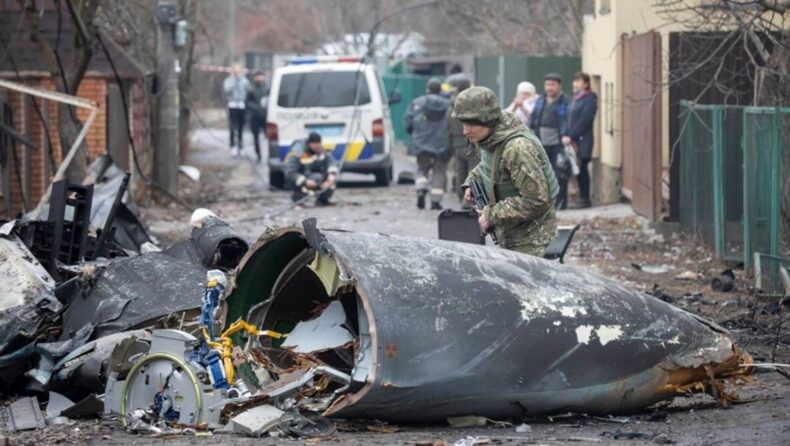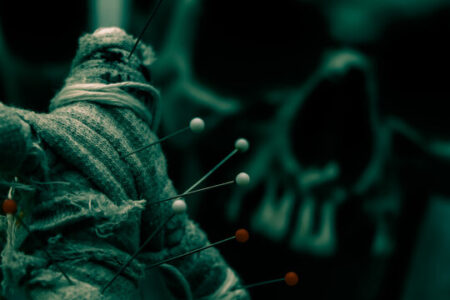India is trapped in a diplomatic bind between Western countries, led by the US, and its strategic imperatives vis-à-vis Russia. The UN Security Council is scheduled to take up a draught resolution denouncing Russian aggression in the early hours of Saturday.
External Affairs Minister S Jaishankar spoke to a Russian colleague & US Secretary on call
S Jaishankar, the External Affairs Minister of India, talked by phone late Thursday night with his Russian counterpart Sergey Lavrov and US Secretary of State Antony Blinken, underlining that dialogue and diplomacy are the best approaches to resolve the Ukraine crisis. As the Russian military approached Kyiv’s gates, Ukrainian Foreign Minister Dmytro Kuleba phoned Jaishankar and relayed his “judgment” of the situation.
European ambassadors expressed solidarity with the Ukrainians.
On Friday, European ambassadors expressed their solidarity with their Ukrainian colleagues in New Delhi, sharply condemning Russia‘s “unprovoked and illegitimate” military action. The EU and its member state back Ukrainian Ambassador to India Igor Polikha, according to Ugo Astuto, the European Union’s Ambassador to India and Bhutan.
Polikha claimed Kyiv is “very upset” with India’s posture in an interview with The Indian Express on Thursday. “I’m not sure how many international leaders (Vladimir) Putin would pay attention to, but (Prime Minister Narendra) Modiji’s standing gives me optimism.”
All of this has posed a diplomatic headache for New Delhi. This is especially true considering the wording of the UN draft resolution proposed by the United States and Albania.
Ukraine’s sovereignty, independence, unity, and territorial integrity are reaffirmed in this document. According to a US State Department official in Washington, DC, the resolution “condemns Russia’s aggression, invasion, and violation of Ukraine’s sovereignty in the harshest terms imaginable.” It further demands that the Russian Federation withdraw its soldiers immediately, entirely, and unconditionally.”
Prime Minister Narendra Modi urged for a “rapid halt of violence.”
This phrasing has driven New Delhi into a diplomatic box a day after Prime Minister Narendra Modi urged for a “rapid halt of violence” in a phone call with Russian President Vladimir Putin but avoided repeating the chorus of Western indignation.
President Joe Biden of the United States stated that his government is in “consultations with India,” but that the matter “hasn’t been resolved yet,” highlighting the chasm between New Delhi and Washington on the topic.
“Putin will be a pariah on the world stage,” Biden added. By association, any country that supports Russia’s blatant assault against Ukraine would be stained.”
While Russia, which holds the UN Security Council Presidency for February and is expected to veto the resolution, India’s position will be tested: which side of the split will it pick — or will it abstain like the last time?
India abstained on a procedural vote on whether or not to debate Ukraine on January 31. Along with Kenya and Gabon, India had established a stance on “legitimate security interests” that resonated with a subtle tilt toward the Russian viewpoint and had abstained.
This comment was made at a UNSC meeting on Ukraine, where Russia and China attempted to obstruct talks. Still, ten UNSC members voted in favor of the debate, including the United States, the United Kingdom, and France. The UNSC had decided to proceed with the negotiations after ten nations voted in favor of them (nine yes votes were required).
But this time, it’s not just about a procedural vote; it’s about a more important matter that has prompted harsh censure – “blood on (Putin’s) hands.”
“There’s now a resolution that is being put on the table, and I believe every member of the Council is going to have to determine where they stand,” the US source said when questioned about India, Brazil, and the United Arab Emirates not denouncing Russia’s conduct.
This is not the time to be on the fence (US envoy to the UN). And I believe we’ll see where members of the Security Council stand on this essential subject of sovereignty and territorial integrity in the coming days, and I think Russia will be isolated and held accountable in front of the rest of the world in the Security Council.”
According to sources, the calls between Blinken and Jaishankar were pointless. Blinken talked with Jaishankar about Russia’s “premeditated, unprovoked, and unjustifiable” attack on Ukraine, according to the US State Department, and “emphasised the significance of a strong international response to denounce Russia’s invasion and advocate for an immediate withdrawal and ceasefire.”
In his conversations with Lavrov, Jaishankar told him that the best approach to resolving the problem is “communication and diplomacy.”
Published By: Khushboo Mehta
Edited By: Kritika Kashyap













